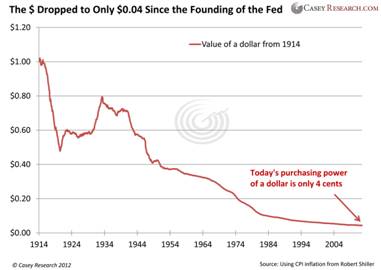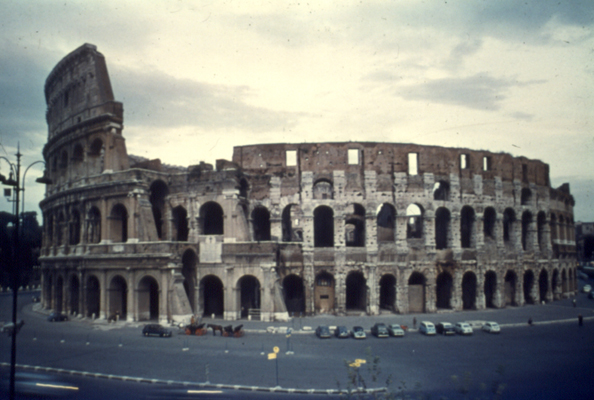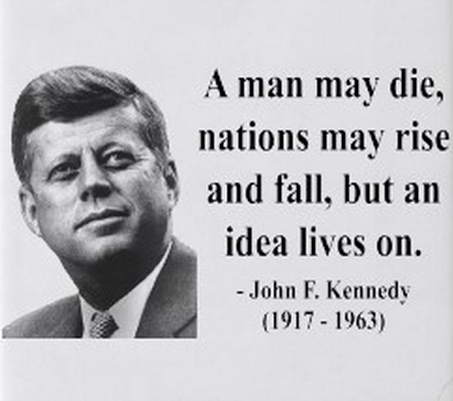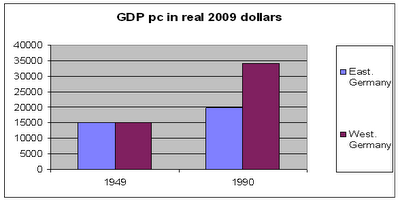Here is another segment of the new book I am working on detailing how war affects society and the state. I am not sure what is more fun, doing the research to prepare the book, writing the book, or sharing these segments with the readers. 🙂 Ok, they are all equally important to me as I love learning, writing, and sharing. Fortunately, all of my friends in LIFE Leadership have the same mindset of learning, writing/speaking, and sharing which makes associating with them so enjoyable. We must get government narrowed to the specific task it was assigned to do and liberate the rest of society to produce, serve, and love. In any event, here is the next segment. Sincerely, Orrin Woodward
Unfortunately, however, when government exceeds its delegated role of defender of internal and external justice, it damages the duplication duty of society in a much worse way than discussed above. For the Five Laws of Decline (FLD) predict that, when a state has the power to exploit a weaker nation’s wealth, history reveals that it does so by launching a war against its weaker rival. The states political conflicts digress into war when one, if not both, sides believe that the risk of war are outweighed by the potential rewards. In general, if one state has the power to plunder without penalty and the other has products to pillage without protection, then war, with few exceptions, is the natural result. War is an unjust aggressive act by one nation against another to increase its power, plunder, and prestige through pillaging its weaker foe. Indeed, war is the great bane of civilization. The state, without exaggeration, through its use of war, has damaged the duplication duty of society severely through killing more of society’s members than any other activity. Remarkably, the government, delegated the “monopoly of force” to protect society from internal and external aggression, instead uses the “monopoly of force” to intervene into areas of the Six Duties of Society (SDS) where it is not needed nor allowed. Eventually, when the state power has grown sufficiently through repeated interventions within the SDS, the state uses its increased power to exploit its weaker neighbors. Not shockingly, the weaker nation will attempt to defend its members life, liberty and property and war, violence, and injustice results. For the limited-government, originally assigned to ensure justice, has now become a powerful state used by ruling exploiters as a tool of unjust gain. Ironically, the former limited-government created to protect life, liberty, and property of society’s members has been transformed into a powerful state that attacks the life, liberty, and property of another society’s members.
However, it isn’t just the weaker society’s members that suffer injustice here. For the injustice committed against the weaker nation is paid for by the loss of life, liberty, and property of the aggressor state’s society members. This point cannot be repeated enough! Simply stated, none of society’s members win in a war. In fact, the only “winners” are the successful ruler/exploiters who have gained through increasing the power, plunder, and prestige of the victorious state. In contrast, the members of both societies have lost their inalienable rights, delegated by the members to the governments for it to defend. Of course, the members of the defeated society lose life, liberty, and property, but what cannot be overlooked is the victorious society has also lost its inalienable rights. For when the state goes to war, it does so by sacrificing the lives of society’s members to achieve its military objectives, making the rulers “reasons of state” more important than society’s members inalienable rights. Moreover, during the conflict, liberty is sacrificed on the altar of regimentation to align society’s members towards the important task of destroying the “enemy.” Above all, the military campaigns cost copious amounts of money that is paid for by the property of society’s members. The plunder, in other words, won by the sacrifice of the society’s members life, liberty, and property, is not shared with society, but rather reserved for the state rulers.
















